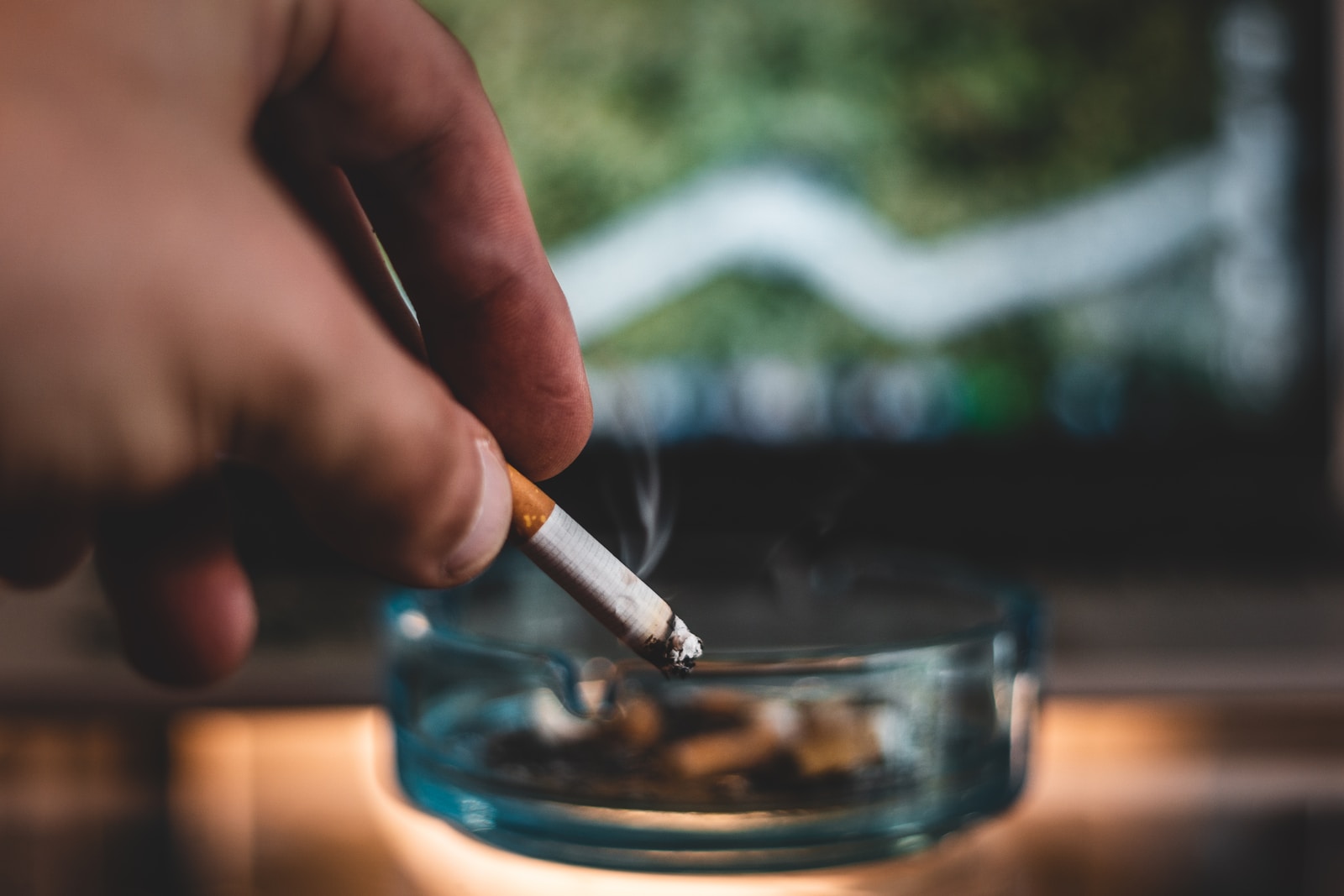Since I became the Act party health spokesman in 2014, I have maintained records of current and daily smokers, daily e-cigarette users and the taxes being paid by everyone, Maori, Pasifika, European/Other (an odd identity category, I would have thought), Asians, the bottom quintile on the socio-economic deprivation index and the disabled.
I only became aware that the most recent New Zealand Health Survey had been released in December 2021 after reading a NZ Herald article headlined Smoking Among Young Teens Hits Record Low As Vaping Increases. Overall, I would call this a good news story although the reduction in smoking initially came as a result of the Government’s annual inflation-plus-10% excise tax increases. The number of 13-14-year-old daily cigarette smokers has dropped from 2% in 2019 to 1.3% in 2021 while Maori, Pasifika and bottom quintile smoking levels barely changed even though excise taxes increased over ten per cent per year every year since 2012-13. Unsurprisingly, young people without jobs didn’t have enough pocket money to keep smoking. When I was 14, $10 pocket money bought me two packs of Longbeach 20s each week. Now, it wouldn’t even buy half a pack of 20s, were such a thing to exist.
In the meantime, vaping rates have exploded across every demographic, including 13-14-year-olds, with youth daily vaping levels tripling from 3.1 per cent in 2019 to 9.6 per cent in 2021. I’m not endorsing the use of vapes by young people, nor supplying to them; however, let’s just be glad it is only vaping, a habit that inflicts less than 5% of the harm of tobacco use.
Even better, the excise revenue from daily smokers (determined by multiplying the Mean Cigarettes per day, excise levels per 1000 cigarettes and total number of daily smokers) have dropped for the first time since 2015-16, on an inflation-adjusted basis, to $1.451 billion. In the last two years, the number of total current smokers has dropped by 19% while the number of daily smokers has dropped by 21%. These are record-setting drops, taking place since the 2021 excise increase which, for the first time since 2012-13, increased only by the rate of inflation.
TAX IN CENTS PER CIGARETTE
DAILY SMOKING LEVELS PER DEMOGRAPHIC AS A PERCENTAGE.
The decrease in smoking levels is not the end of New Zealanders’ love affair with nicotine, they’re just making the change from the deadliest method of consumption to a relatively safe method.
In the previous four New Zealand Health Surveys, vaping has more than doubled amongst all New Zealanders and tripled amongst Pasifika and Asians.
| YEAR | TOTAL | MAORI | PASIFIC | EURO/ OTHER | ASIAN | BOTTOM 20% | DISABLED |
| 2017-18 | 2.6 | 4.7 | 2.6 | 2.7 | 1.2 | 3.5 | UNKNOWN |
| 2018-19 | 3.2 | 5.5 | 3 | 3.2 | 2.1 | 4.8 | 4.2 |
| 2019-20 | 3.5 | 5.3 | 3.8 | 3.7 | 1.9 | 5.1 | 4.9 |
| 2020-21 | 6.2 | 12.5 | 8.7 | 6.3 | 3.3 | 8.6 | 6.7 |
Where punitive government actions have inflicted hardship, poverty and despair upon a hardcore proportion of smokers, a free-market solution has prevailed. Maori, Pasifika and the bottom quintile consistently bucked any relationship between smoking rates and tax increases for the previous decade. Vaping has been the game-changer in reducing the use of tobacco. To think the government was on the verge of regulating it out of viability just a few years ago.

